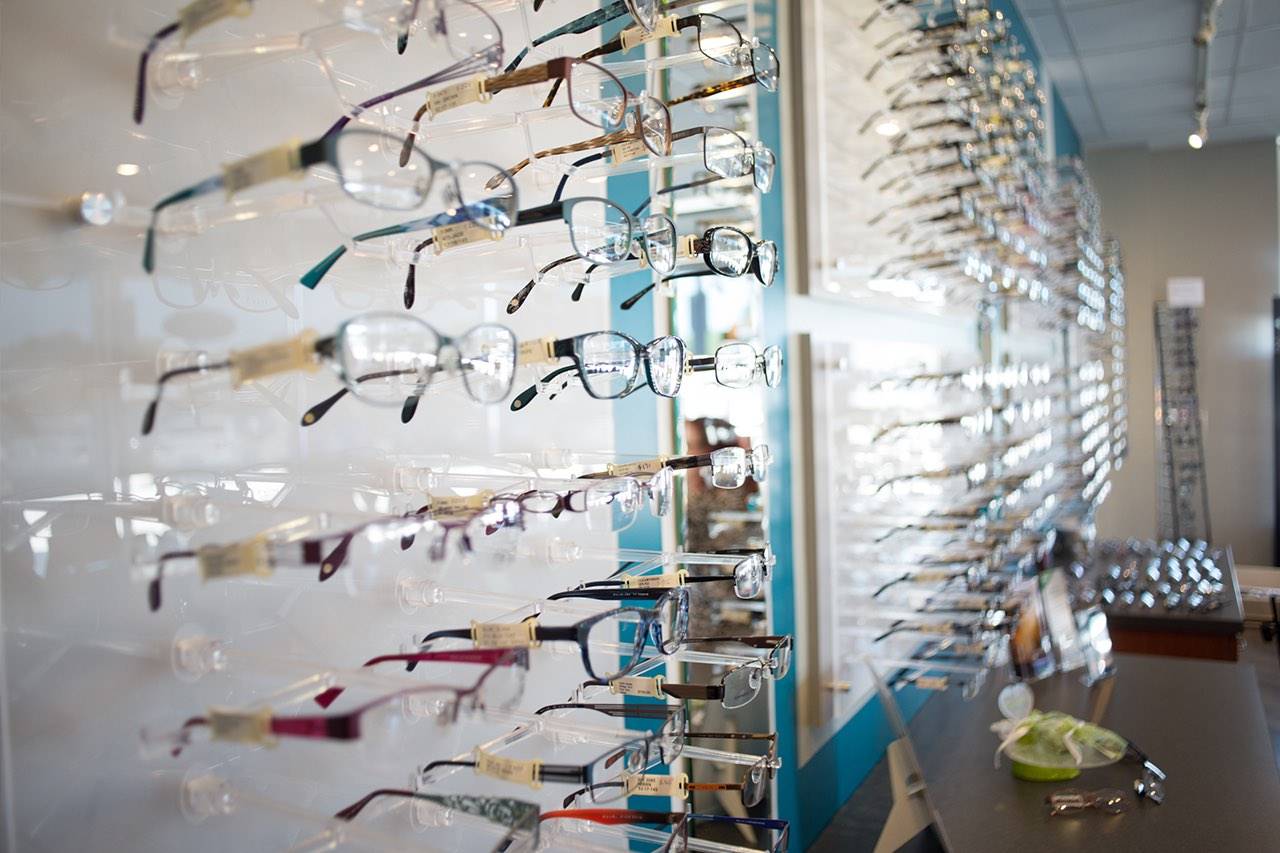Q: I've heard that blue light is dangerous, like UV radiation. Do I need to protect my eyes from it and, if so, how?
A: We all know about ultraviolet (UV) sun damage, but recently, the optical community has found that high-energy visible light (HEV) or "blue light" from digital screens may cause long term damage to the eye, too. Over time, exposure can increase the risk of macular degeneration, and other problems. Similar to anti-reflective and UV-protective coatings, a new lens coating has been developed to protect our eyes by blocking out blue light rays coming from our handheld devices, computers and fluorescent bulbs.
Q: Does reading my smartphone or tablet in the dark damage my eyes?
A: Reading from a tablet or smartphone in the dark is okay for your eyes, as long as it's not for a long period of time. These devices have decent lighting and good contrast. However, they give off blue light, and long-term exposure may cause damage to the structures of the eye. As well, studies have shown that blue light at night disrupts melatonin production and interferes with healthy sleep cycles. Optometrists recommend wearing blue light blocking eyewear for extended digital device use, and limiting screen time during the last hour before bedtime.
Q: My doctor says I have a cataract, but he wants to wait a while before removing it. Why?
A: A cataract usually starts very small and practically unnoticeable, but grows gradually larger and cloudier. Your doctor is probably waiting until the cataract interferes significantly with your vision and your lifestyle. You need to continue to visit your eye doctor regularly so the cataract's progress can be monitored. Some cataracts never really reach the stage where they should be removed. If cataracts are interfering with your vision to the point where it is unsafe to drive, or doing everyday tasks is difficult, then it's time to discuss surgery with your eye doctor.


Doctors Hours:
Our doctor is available to see patients by appointment on Monday afternoons and all day on Tuesdays and Thursdays.